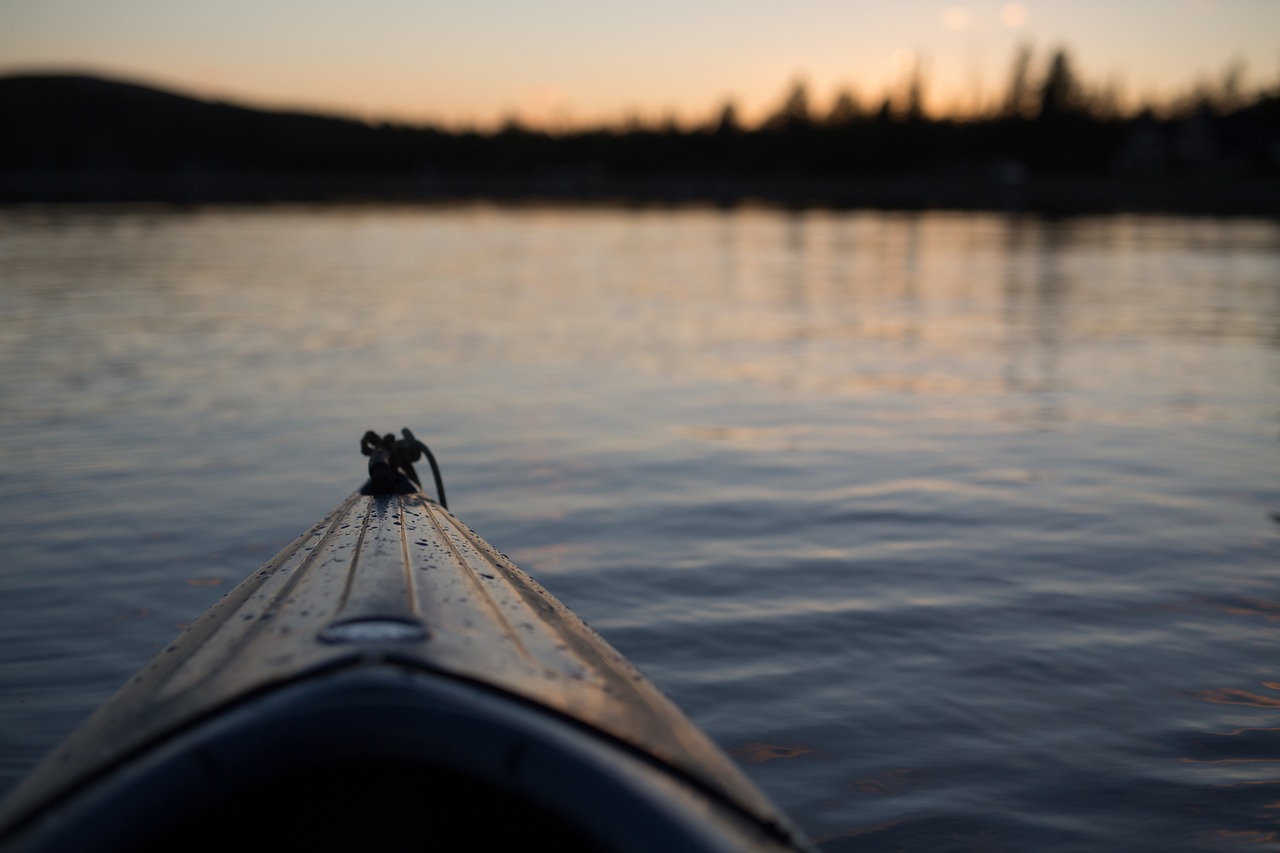Implementing successful programs like this takes commitment from multiple partners as well as funding, participant recruitment, event planning, and risk management strategies.
This is a guest post by Greg Lais and Phil Ginsburg.
Coming in direct contact with the mighty Mississippi River provided one indelible memory for many of the 700 participants in the recent International Conference on Children & Nature in St. Paul, Minnesota. The mechanism: a fast-spreading national initiative of NLC partner Wilderness Inquiry called the Canoemobile – coming to your city, soon!
For instance, when co-author and San Francisco, California, Recreation and Parks director Phil Ginsburg learned about the Canoemobile at a Fall 2015 Leadership Academy of the NLC YEF Institute-Children & Nature Network Cities Connecting Children to Nature (CCCN) initiative, he determined to enlist the support of Mayor Edwin Lee and others to bring Canoemobile to the City by the Bay – and succeeded in doing so by April, 2016.
In following up, Ginsburg and Mayor Lee grabbed onto a tangible opportunity to connect children with nature, exemplifying San Francisco’s role as one among seven cities in the vanguard of the CCCN initiative. April’s event in San Francisco began to fulfill CCCN’s goal of supporting city leaders to take a variety of actions to create “nature-rich” cities and increase access to nature for all residents as part of their everyday lives.
“Can you canoe?” This is the unusual question co-author Greg Lais asked hundreds of Bay Area young people. As Wilderness Inquiry equipped the young people to answer “yes,” pure joy resulted all around as the experience of paddling six 24’ Voyageur canoes introduced students and young adults with disabilities to the lakes and waterways within the city, including Lake Merced, India Basin, and other waterways in the area such as Rosie the Riveter National Historic Park and Berkeley Aquatic Park.
Canoemobile is a mobile program that brings environmental literacy and engagement to urban youth on local waterways and public lands. Physically, Canoemobile consists of a van and trailer loaded with gear, six Voyageur canoes, and a crew of seven outdoor educators who share their love of all things outdoors with people of all ages, backgrounds and abilities.
Since 2010, the Canoemobile has reached over 100,000 people in more than 40 cities across the US. Most of the students served by Canoemobile do not visit parks and have never been in a boat before. What makes Canoemobile unique is its ability to go to into diverse communities and engage people outdoors within minutes from their homes.
One of the most exciting things about Canoemobile is the sense of discovery it inspires. The lake or river that everyone ignored is suddenly transformed into a living ecosystem, filled with beauty, intrigue, and the circle of life. New worlds emerge as students watch herons hunt for fish, spot turtles sunning themselves, or hear Red-winged black birds defend their territory. Canoemobile engages curious young minds in learning through discovery.
There is a pattern to participation wherever the Canoemobile goes. It starts with apprehension, as most people are afraid of the water. With training and encouragement from Canoemobile staff, these kids get into the canoes and paddle off. After a few minutes, students begin to cooperate as a team and discover the wonders of the natural world up close. At Lake Merced, for instance, they discovered diving grebes, great blue herons, and an intricate maze of wetlands harboring several species of ducks. After an hour, fear is vanquished and confidence soars. Everyone is eager to keep paddling and discovering more.
Implementing Canoemobile – as with so many other efforts to connect children to nature – takes a commitment from multiple partners. Wilderness Inquiry is currently developing a “tool-kit” for cities and other partners to implement mobile programs like Canoemobile, which will address issues including funding, participant recruitment, event planning, and risk management.
Notably, Canoemobile’s first visit to the Bay Area also provided a case study in how to overcome the barriers that all too often limit urban residents’ access to nature. This took place at India Basin, an industrial area near the site of the former Candlestick Park.
The plan to launch Wilderness Inquiry’s large canoes and take people paddling on the Bay from India Basin hit a snag due to insufficient water access. After discussing alternate plans to move or cancel the event, Jim Wheeler, the Aquatics Services manager for San Francisco’s Recreation and Park Department, suggested he could get smaller canoes and kayaks that were easier to launch, if Wilderness Inquiry could help staff and paddle them. That solution resulted in a great community event. One young man with a developmental disability paddled in the morning, then returned in the afternoon to take his mother and sister out paddling.
Beneficial results in terms of youth development abound when San Francisco and other cities pursue new and innovative ways to engage underserved people such as Canoemobile. Indeed, after its initial successful experience, San Francisco plans to make to make Canoemobile a regular feature in the city.
[divider] [/divider]





